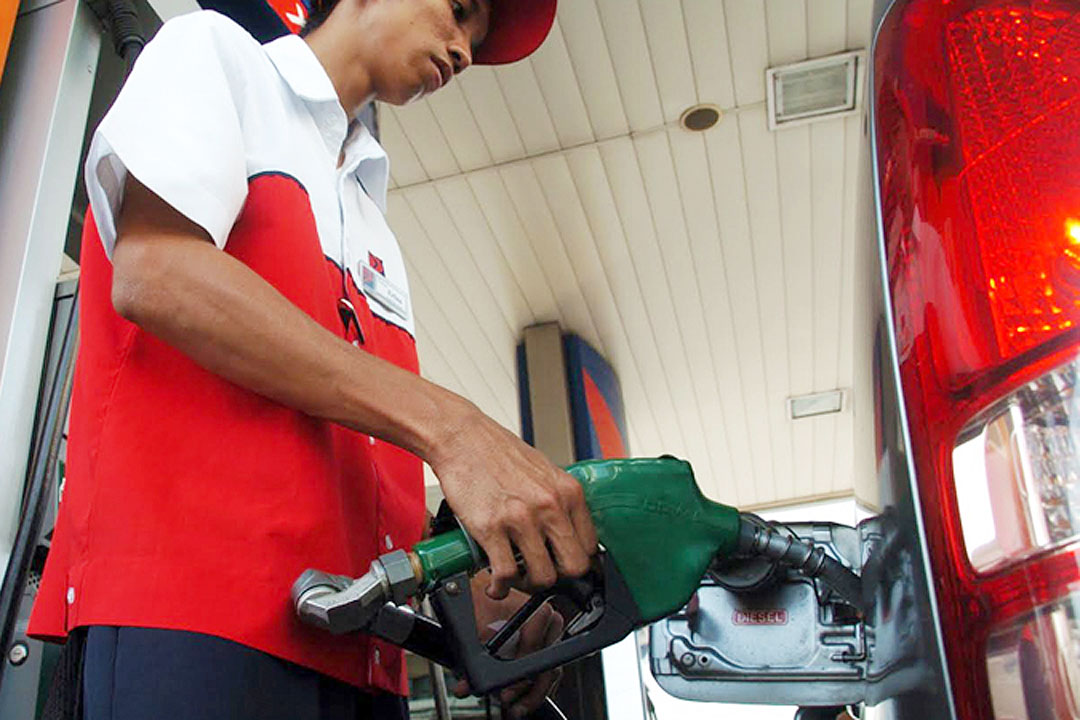A SENATE bill seeks to set the $80-per-barrel price level for the Dubai crude benchmark as the trigger for suspending fuel excise taxes, formalizing in law a similar proposal put forward by the Department of Energy.
Senator Mary Grace Natividad S. Poe-Llamanzares, who chairs the Senate Committee on Public Services, filed Senate Bill 2445 Monday, which seeks to amend Section 148 of the National Internal Revenue Code and specifying taxes on regular gasoline, unleaded premium gasoline, and diesel fuel oil. The transitory provision is also up for amendment.
The Philippine Statistics Authority reported last week that fuel inflation accelerated to 32.9% from September’s 21.3%, among the highest reported this year. Rising global fuel price benchmarks have led to increasing calls to suspend the collection of excise taxes.
The law currently in force, the Tax Reform for Acceleration and Inclusion Act, has a similar trigger mechanism which only covers excise tax for the 2018-2020 period.
“The suspension of the excise tax will immediately bring down the cost by P10 per liter for gasoline and P6 per liter for diesel,” Ms. Poe said in a statement Monday.
At present, the Singapore Mean of Platts — the reference used for fuel prices in the Philippines — has risen to $80 from $73 at the start of the month.
According to the Energy department, the price of gasoline in Metro Manila averages between P58.55 and P70.52.
The Finance department has said that the government stands to lose P131 billion from the suspension, P24.7 billion of which represents foregone revenue from the tax and P106.7 billion in incremental revenue.
In response, Ms. Poe said the administration has pushed for the lowering of income taxes for companies under the Corporate Recovery and Tax Incentives for Enterprises law, under which foregone revenue was estimated at P251 billion in the first two years.
“If the government can afford P251 billion for big companies, why can’t it do the same for jeepney drivers, delivery riders, and everybody else who have to go to work and are forced to bring their own vehicles because there’s not enough public transportation?” she said. — Alyssa Nicole O. Tan
